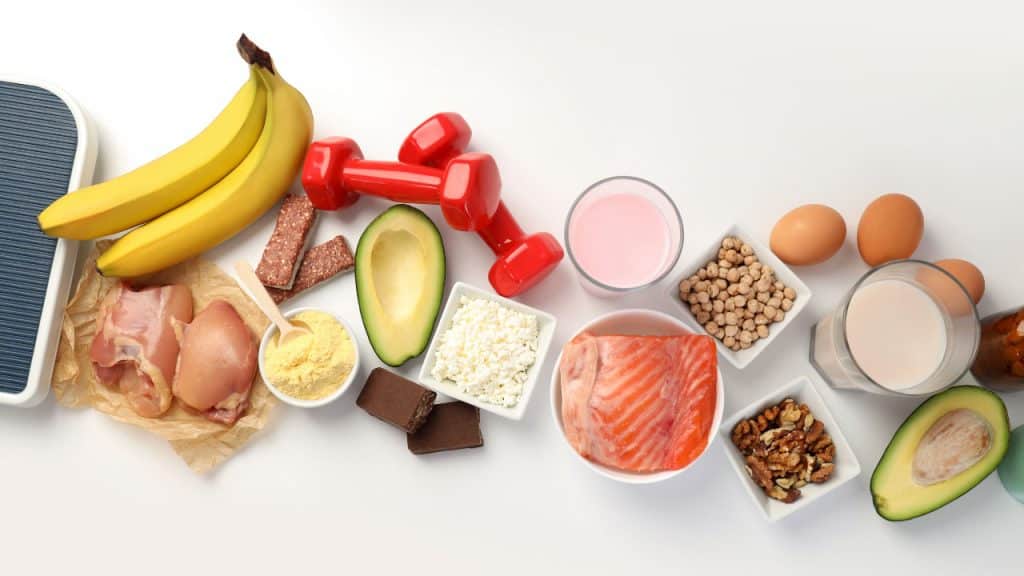A lot of nutrition advice focuses on eating less, or at least moderating your diet. Sometimes, however, you really do need to fill yourself up. That’s especially true when you’re exercising a lot because that’s going to burn through more nutrients. So how do you know when you need to increase how much you eat (https://longevity.technology/lifestyle/5-signs-you-need-to-eat-more-for-better-workout-results/)?
Well, one pretty clear sign is when you don’t have enough energy to make it through an entire workout. Your energy comes from your diet – from the carbs and fats, and to a lesser extent, the protein. Some energy sources are more efficient than others, with starch generally lasting longer than sugars, but in a bind, anything will do to keep you going.
It’s not just your energy levels. Your performance in general is going to suffer if you don’t have the right nutrients. You need the calories, but also you need enough protein to build up your muscles and repair any damage. You need a wide range of different vitamins and minerals to keep your body’s various processes running properly. And it might not exactly be food, but good hydration is also essential when you’re sweating and losing water.
Without proper nutrition, your ability to continue to progress in your fitness routine is limited. You’re not going to see the kinds of improvement in strength, flexibility or endurance that you probably want. And the problems continue outside of the gym. Everyone feels some tiredness and soreness after a good session, but if you’re finding recovery to be a disproportionate struggle, it could be an indication that you’re not taking in enough nutrients to help your body heal.
Exercise recovery isn’t the only aspect of healing that’s impacted by poor nutrition. You’ll generally find yourself getting sick more often and taking longer to return to health. That’s because your immune system is another essential part of your body that can’t function without adequate nutritional intake. You may need to eat more fruits, vegetables, beans and legumes to ensure you have all the vitamins and minerals you need.
For all the talk about dieting and fasting, it’s a fact that we need food to survive – and not just to survive but thrive. If you want to be healthy and perform at your best, make sure your menu includes carbs, protein, fat, fiber, vitamins, minerals and good hydration.




